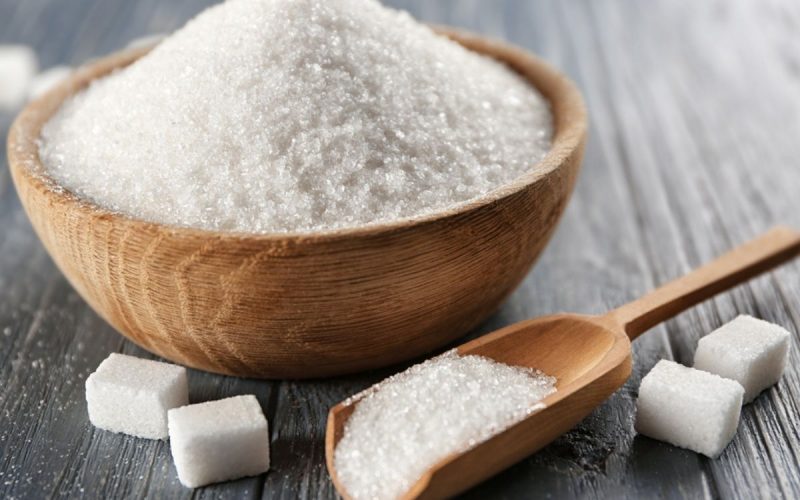In my practice, we encourage an all-foods-fit approach to nutrition and which includes sugar. And yes, even though managing diabetes. But, while some sugar fits, studies show the majority of us are eating way too much than it. In fact, the CDC estimates that between 2005 -2010 US adults were consuming all the s 15% of their total daily calories from added sugars. According to suggestions from Healthy People 2020 this will be under 10%. Studies show excess sugar consumption can result in undesirable increases in lipid profile, unnecessary weight gain, fatty liver, and limit intake of essential nutrients. Visit all about Allulose to get more insight.
Allulose is a type of sugar substitute, or a substance that sweetens the flavor of food or drink without contributing added sweets or calories. These alternatives can be either synthetic (e.g., sucralose) or natural (e.g., stevia). Allulose is a categorized as a “rare sugar.” They are monosaccharides (simple sugars) that are located naturally in foods. For instance, there is allulose in molasses, maple syrup, raisins and figs. Rare sugar has slight differences in their chemical structure in comparison to traditional table sugar. Allulose packs two-thirds the sweetness of sugar with very minimal energy, according to a review in Nutrition Reviews. Unlike the 4 calories each gram of sugar provides, allulose contains 0.4 calories per gram, notes the foodstuff and Drug Administration. Why so low in calories? Well, your body essentially pees out allulose without breaking it down and digesting it. Allulose, also known as D-psicose, is a simple sugar found naturally in lots of food sources, including figs, raisins, maple syrup and brown sweets. It can even be produced commercially from corn and is situated in a number of processed foods.
It’s estimated that around 70 percent of D-psicose is absorbed in the intestinal tract and then eliminated through the urine rather than used as energy or fuel for the body. Unlike many artificial sugars, it’s not fermented in the gut, and therefore it doesn’t usually cause stomach issues like gas or bloating. Allulose sweetener products have soared in popularity among dieters looking to decrease their consumption of calories and added sugar. Allulose keto sweeteners, for example, have grown to be increasingly common because this sweetener is lower in carbs and has minimal impact on glucose levels. Many food manufacturers also have started swapping sugar for allulose, including in products such as granola bars, sweetened yogurts and snack foods.
There is a growing set of options available to reduce sugar intake with one of the hottest being Allulose. Allulose, also know as D-psicose, is a sweetener gaining in popularity because of its unique effects against hyperlipidemia and hyperglycemia. Allulose is a monosaccharide and has a similar sweetness to table sugar or sucrose (about 70% as sweet) with only 0.4 calories per gram. Classified as a rare sugar, it is found in nature but only in really small quantities in foods including raisins, figs, wheat, brown sugar, and maple syrup.
What Are The Health Benefits?
In addition to providing sweetness with only a fraction of the calories, studies in rats using allulose show improvements in obesity-induced fatty liver and hyperglycemia without additional exercise or diet restriction.
Another study on blood sugar control in individuals with type 2 diabetes examined the effect of allulose versus fructose when put into a glucose solution. The researchers then measured postprandial glucose levels rise and found “modest reductions” in blood sugar levels response in the allulose group, that was not noticed in the fructose group. This suggests that Allulose may suppress the glycemic response of other sweeteners, in addition to presenting not impacting blood sugars itself.
Is Allulose Safe?
In terms of safety, Allulose is normally Named Safe (GRAS) by the FDA. Due to their conclusions how Allulose is processed in your body, the FDA is also in the process of ruling that it be removed from the total and added sugar counts on the Nutrition Facts label.
